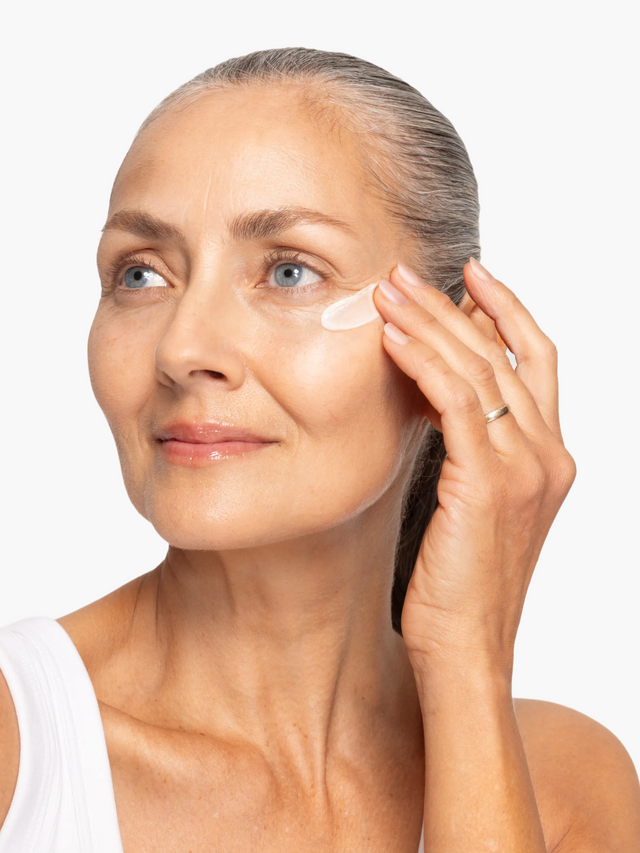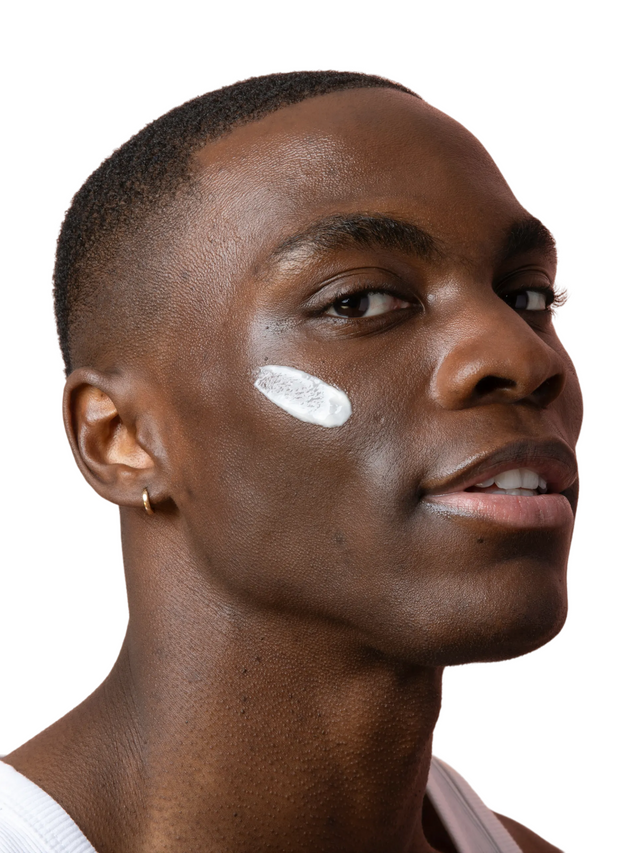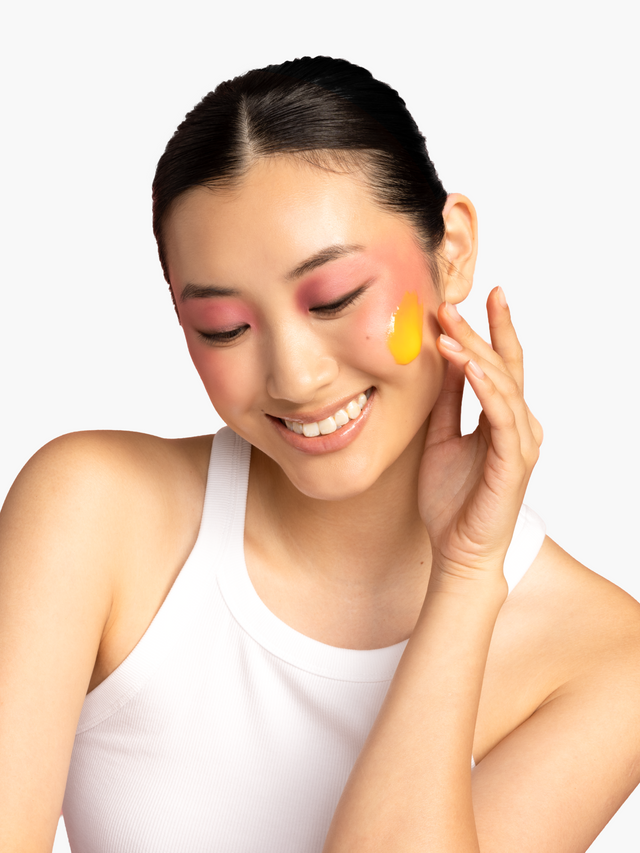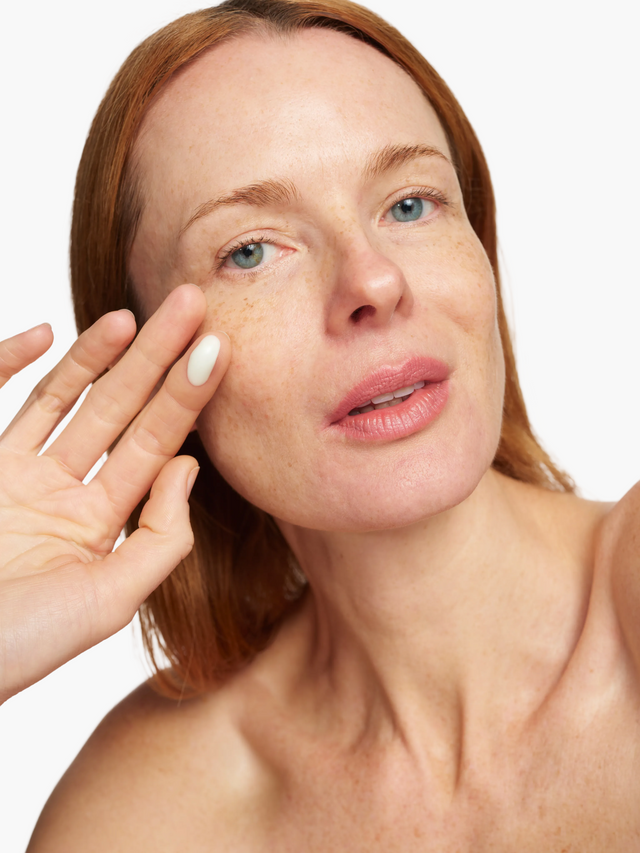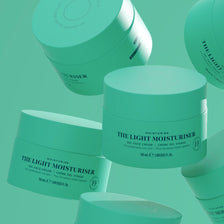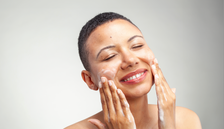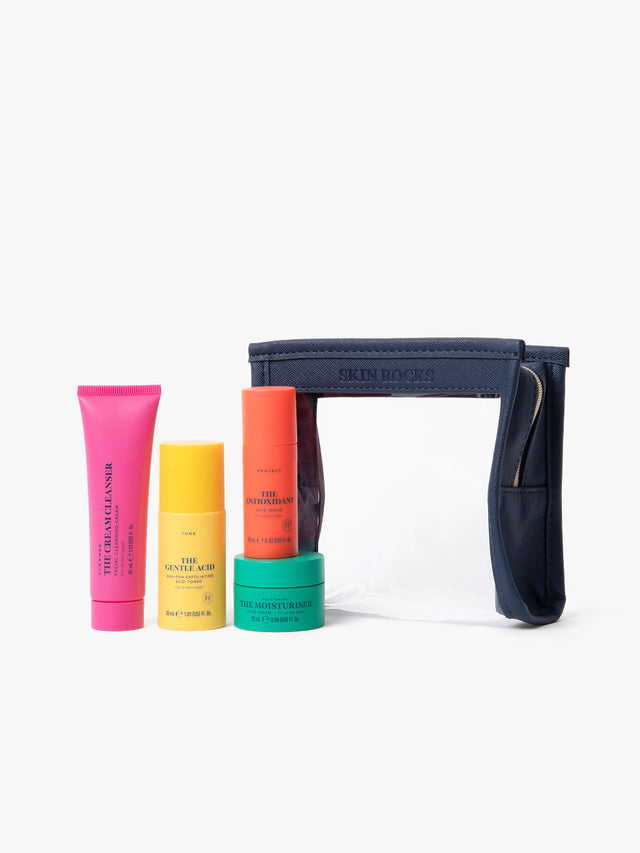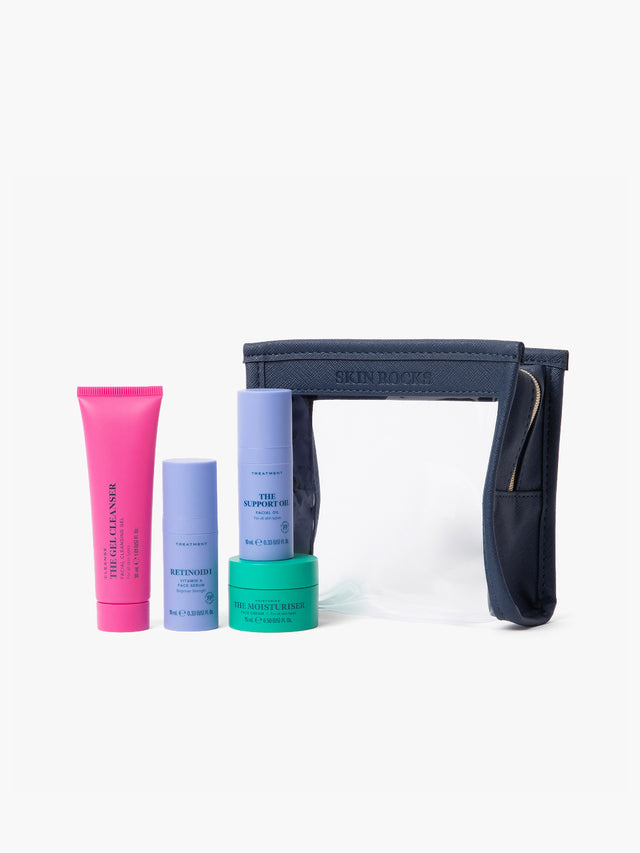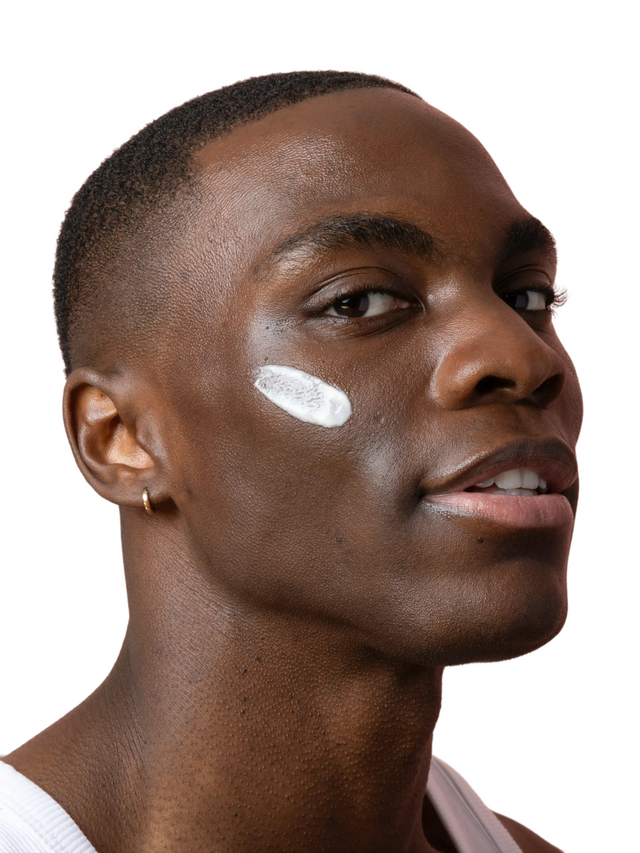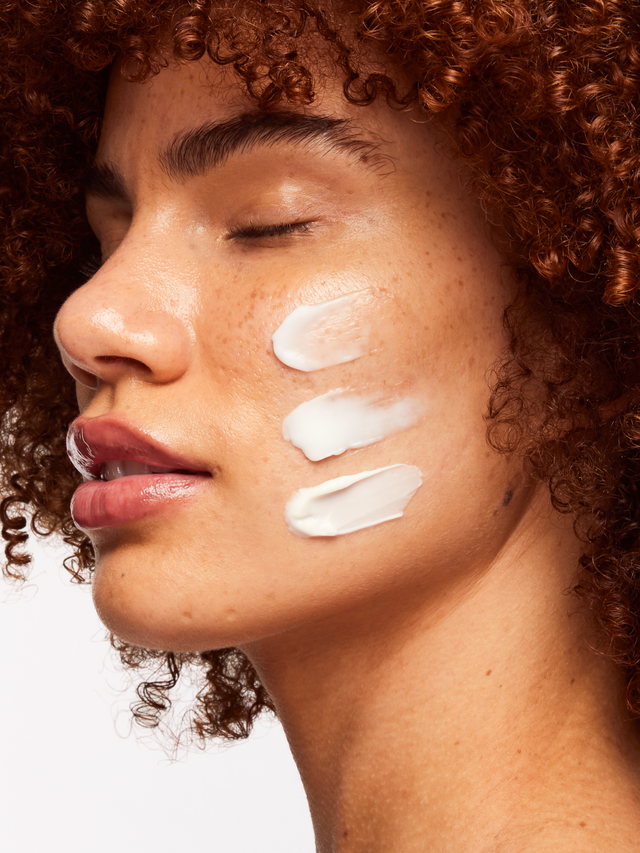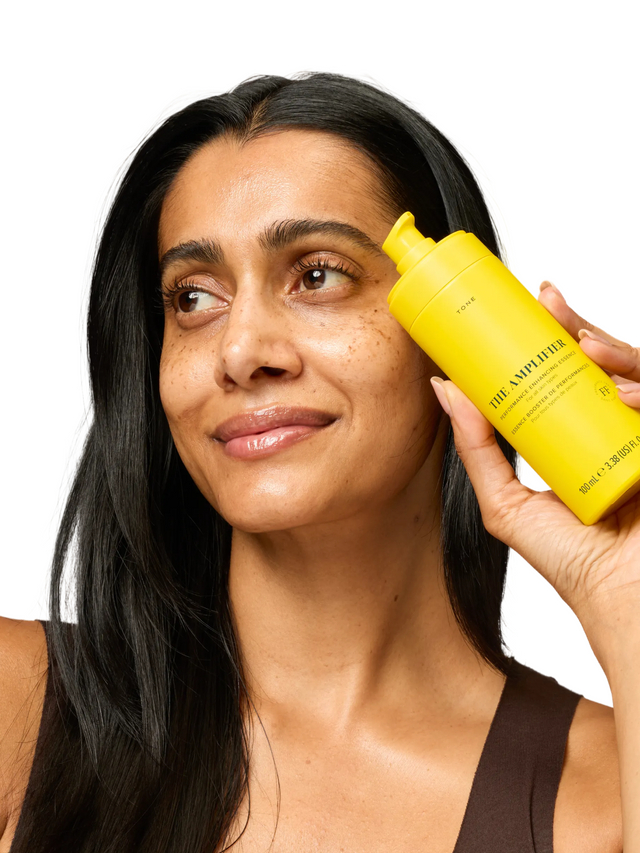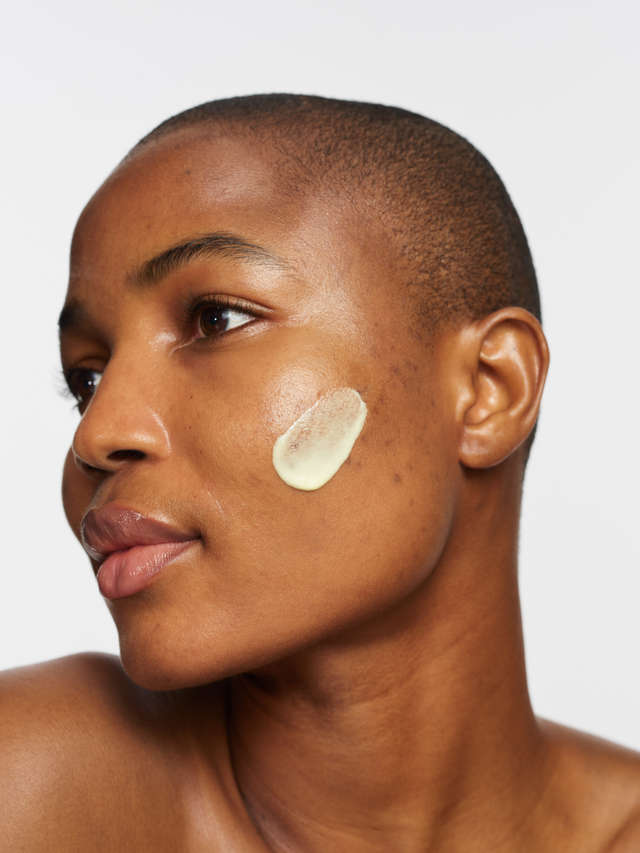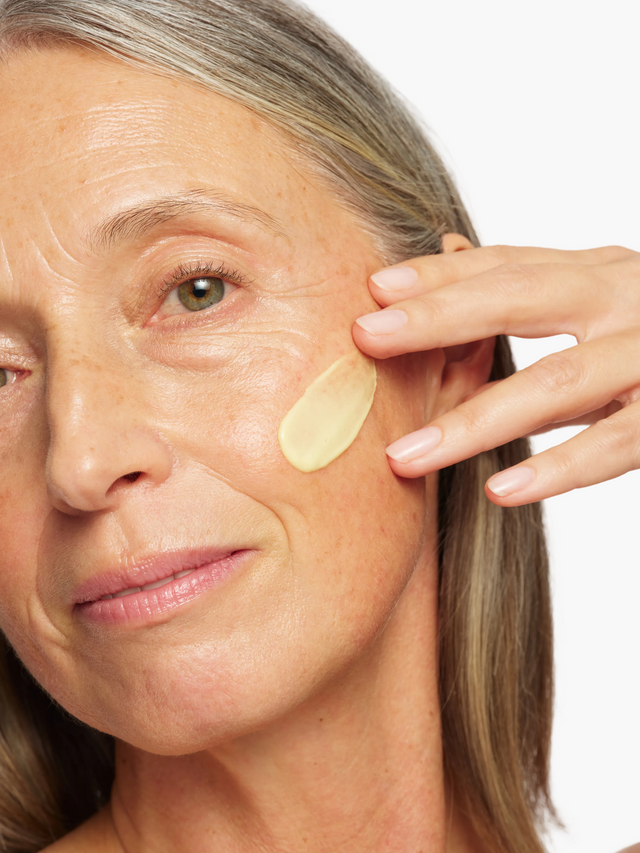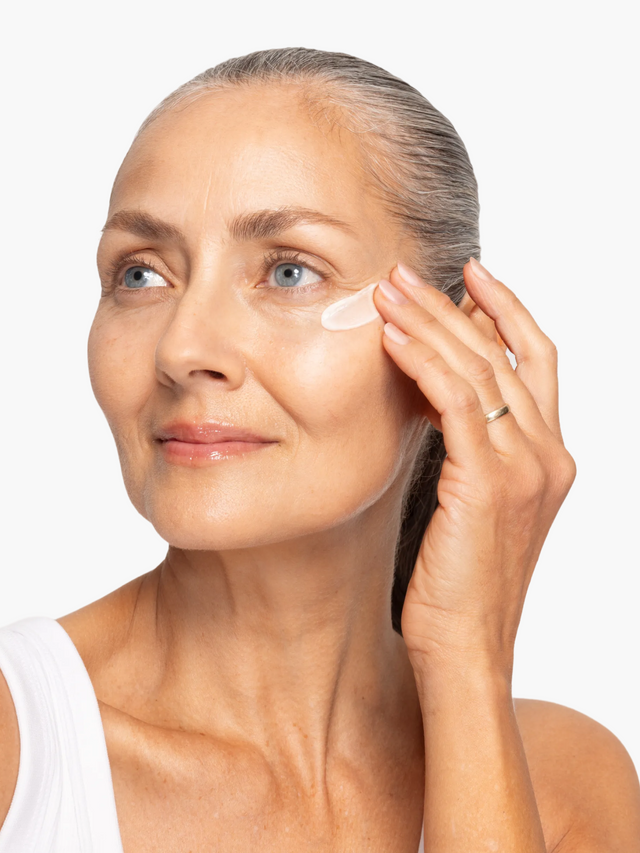Using too many actives, over-exfoliation, and harsh climates are just a few factors that can lead to a compromised skin barrier. Keep reading to find out how to keep it happy and healthy...
What is the skin barrier?
The skin barrier is your skin's natural protective shield – it helps keep moisture in and external irritants out. A compromised skin barrier can lead to several skin concerns, including sensitised skin, dehydration, redness, breakouts, irritation and dry patches. Here's how to support it...
How to support your skin barrier:
1. Opt for a gentle cleanser
Harsh, stripping cleansers can contribute to a compromised barrier, so it is best to choose gentler, non-foaming cleansers to prevent this - particularly if you are already experiencing signs of an unhappy barrier. Opt for unfragranced cream, balm and milk cleansers if your skin feels sensitised.
2. Use a conditioning moisturiser
Using a conditioning moisturiser can help to protect the skin and support barrier function as a moisturiser's primary purpose is to keep moisture locked in and act as a protective shield for the skin. Consider opting for a thicker texture during the colder months and/or when your skin feels irritated, and keep an eye out for barrier-supporting ingredients such as ceramides, squalane and pro-vitamin D3.
- Dr Jart Ceramidin Cream
- Kate Somerville DeliKate Recovery Cream
- La Roche Posay Cicaplast+ Baume
- Skin Rocks The Moisturiser
3. Try adding an oil into your routine
Oils can be one of the most helpful products for supporting your barrier, acting as a restorative layer to help lock moisture in and provide soothing nourishment. Look out for treatment oils which contain active ingredients such as squalane, jojoba oil and phytosterols and apply these before your moisturiser as a treatment step. Alternatively, you can opt for richer oils to seal in your routine - apply these after moisturiser in your PM routine.
- Elemis Superfood Facial Oil
- Skin Rocks The Support Oil
- Ren Evercalm Barrer Support Elixir
- OSKIA Restoration Oil
4. Look for serums with barrier-loving ingredients
The skin contains a natural moisturising factor (NMF) which helps to support barrier function. The NMF comprises a range of ingredients such as ceramides, hyaluronic acid, squalane and peptides, so adding these ingredients to your routine is a good idea. If your skin feels tight and dehydrated, opt for a hydrating serum containing polyglutamic acid, glycerin and/or hyaluronic acid.
- The Ordinary Multi-Peptide + HA Serum
- Kate Somerville DeliKate Recovery Serum
- Summer Fridays Dream Oasis Serum
5. Incorporate recovery days
If you are using actives, be sure to incorporate recovery days into your routine. Recovery days are days where you do not use exfoliating or highly active ingredients - instead, you focus on nourishing and hydrating the skin. Depending on your skin type and propensity to sensitivity, you should allow at least 2-4 days for recovery and may wish to follow a skin cycling schedule if unsure. Want to know more about skin cycling? Click here to read our article on the Skin Rocks App.
6. Introduce products gradually, one at a time
When trying new products for the first time, it is important to ensure you patch-test these products before use and introduce them into your routine gradually. This means introducing one product at a time and slowly increasing the frequency of use. Doing so allows your skin time to acclimate and prevents overstimulation, which can compromise your barrier. It also makes it easier to identify the culprit if you react to a product.
7. Consider using a protective balm
Unlike cleansing balms, barrier balms are designed to act as a protective shield and seal in moisture. They often contain occlusive ingredients and are the products people often use when 'slugging'. These products won't be for everyone (if you are breakout-prone or oily, this won't be for you), but they can be great to apply over dry patches or use at the end of your evening routine. Please keep in mind that it is crucial to still use other hydrating products underneath your balm, as the main purpose of a balm is to keep the moisture in rather than add it.
8. Wear SPF
SPF is vital for protecting your skin and, in turn, your barrier. Wear a minimum of SPF 30+ every day, no matter the weather.
Learn more on the Skin Rocks App:
How to Spot a Compromised Skin Barrier
Words By Ceyda Faik-Yildirim MSci (Chemstry)






